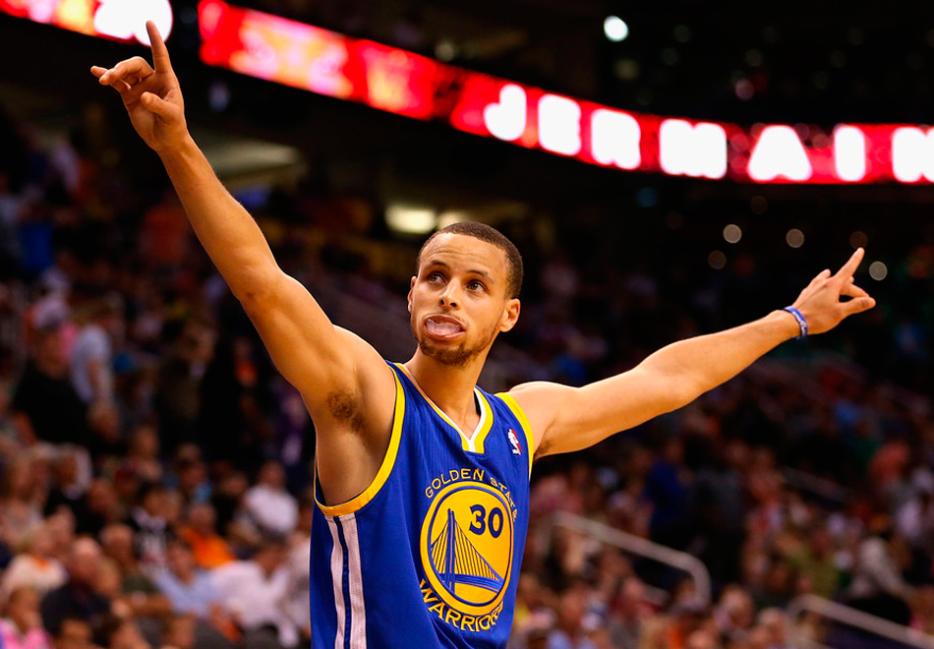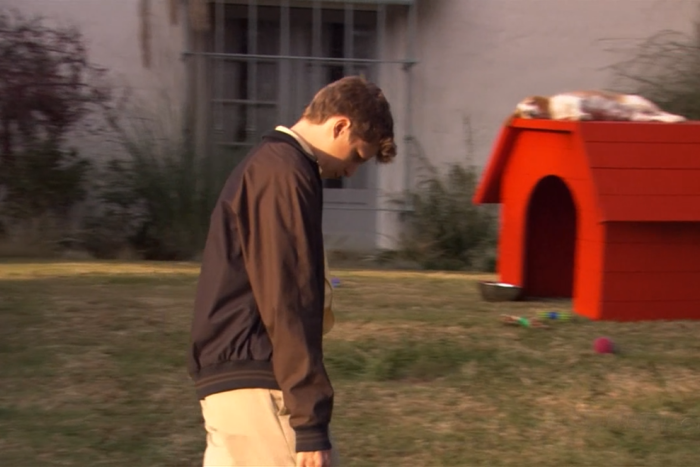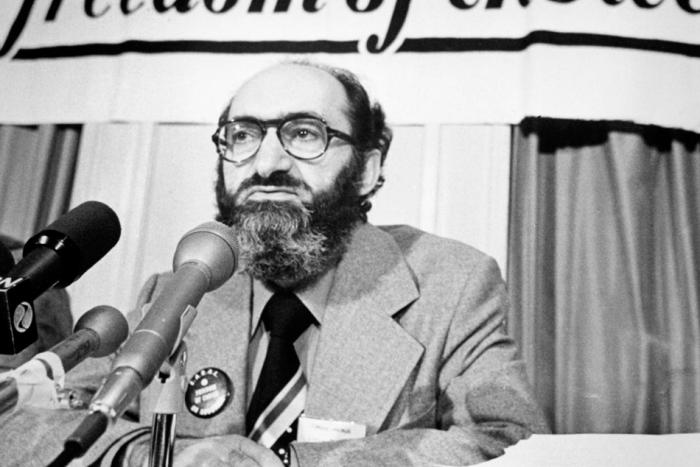Does anyone else miss Steph Curry? No disrespect to LeBron James or the venerable Tim Duncan—who, at this point, all basketball fans are legally required to acknowledge as the greatest player of his generation and a true professional and not boring at all, seriously, why would you even say that?—but the playoffs haven’t been the same without him.
Golden State’s skinny little basketball elf kept East Coast NBA lovers up late early on, sinking improbably deep three-pointers, dancing and gliding in and out of the lane, whipping left-handed passes to his teammates as he led the Warriors through two rounds of the NBA playoffs. There were outlandish stats I can no longer remember. There were absurd shooting percentages. Mostly, though, Curry was creating moments of genuine beauty.
It can feel weird talking about beauty in sports, a macho culture where discussions of aesthetics are generally dismissed in favour of talk about grit and heart and warrior spirit. Talk about Steph Curry’s toughness or lack thereof. Analyze the mechanics of his floater. But don’t talk about beauty.
Even among the sports eggheads—that new generation of distinctly un-macho dudes who struggle to write a sports recap without throwing in a reference to one HBO prestige show or another—beauty can be treated as an inessential byproduct of the game. For Moneyball-worshipping stat-heads, it’s obvious that winning often has as much or more to do with efficiency, ball movement, defense, and playing the percentages than anything you might see on the highlight reels.
Indeed, smart and thoughtful basketball people will try to tell you that it’s here, in a smooth rotation and a well-set pick, that true beauty can be found. These people are basketball hipsters, the sports-world equivalent of those underground music connoisseurs who try to convince you that listening pleasure is not derived from the melody or the beat—so obvious—but from an album’s fascinating textures and subtle use of timpani.
Both sides are right, in a way. Highlights don’t win games or correlate with the best teams or best players. They are, merely, the reason we watch sports—a collection of the game’s most beautiful moments. We know Michael Jordan had incredible stats, but we remember the image of him soaring through the air, body arced, the picture of grace. That’s the poster you kept in your room, the specific pose you tried to reenact a million times on the Nerf hoop in your friend’s basement.
At the risk of getting too precious and pretentious about this, let me quote David Foster Wallace for a second: “Beauty is not the goal of competitive sports, but high-level sports are a prime venue for the expression of human beauty,” he wrote in his famous appreciation of Roger Federer. “The human beauty we're talking about here is beauty of a particular type; it might be called kinetic beauty. Its power and appeal are universal. It has nothing to do with sex or cultural norms. What it seems to have to do with, really, is human beings' reconciliation with the fact of having a body.”
Very few basketball fans will tell you that what they enjoy most about a Heat game is the chance to be reconciled with their aging bodies through the beauty of a perfectly timed LeBron James chase-down block. I haven’t heard Kenny Smith say this once on TNT. But in basketball perhaps more than any other sport, this is the reason we watch: to catch a moment of unexpected physical grace. (The unexpectedness is key, obviously. This is the real reason that highlights don’t quite work—the beauty is captured and curated for your enjoyment. It’s the difference between a sublime glimpse of a tiger in the wild and that same animal in a zoo.)
In a recent piece on Jason Collins, the veteran basketball player who recently came out of the closet, Sherman Alexie wrote about the sports world’s discomfort talking about beauty: “Cut. Shredded. Jacked. Those are violent straight-boy adjectives that mean ‘beautiful.’ But we straight boys aren't supposed to think of other men as beautiful. We're supposed to think of the most physically gifted men as warrior soldiers, as dangerous demigods.” When beauty enters the arena of sports fandom—a world that, when you break it down, is essentially all about older men admiring the gorgeous athleticism of a bunch of 25-year-olds—people get uncomfortable.
And so, absurdly uptight, we choose to ignore one of sports’ primary pleasures. It is a bizarre decision: there are so few good excuses to spend our time watching giant dudes throw around an orange ball that you’d think we’d try not to discount any of them.






